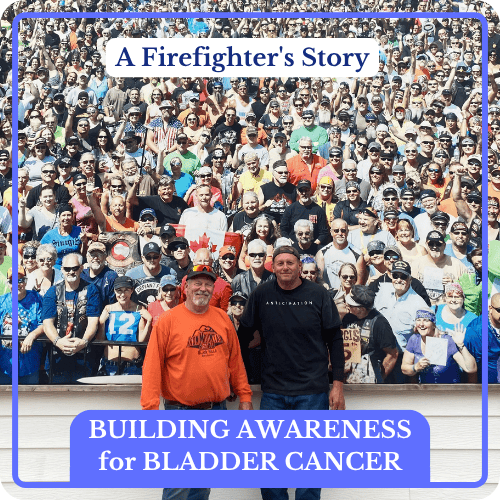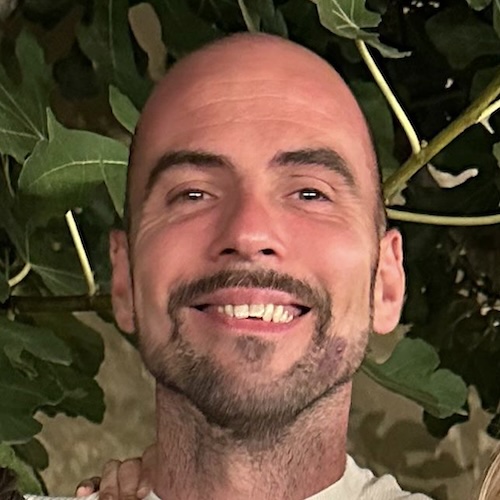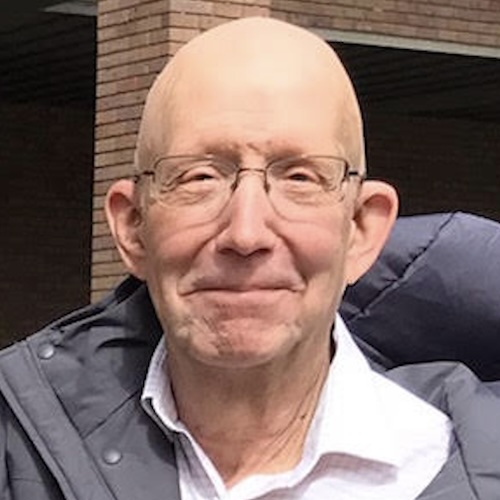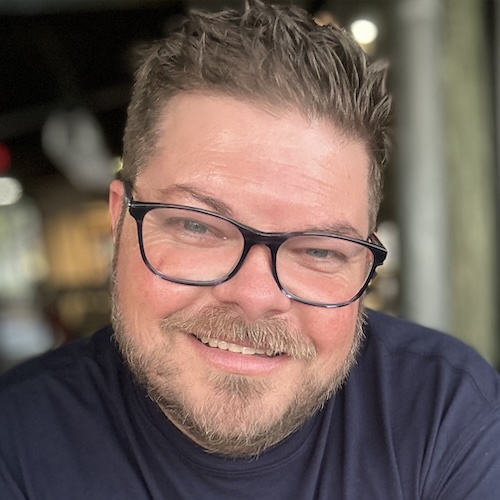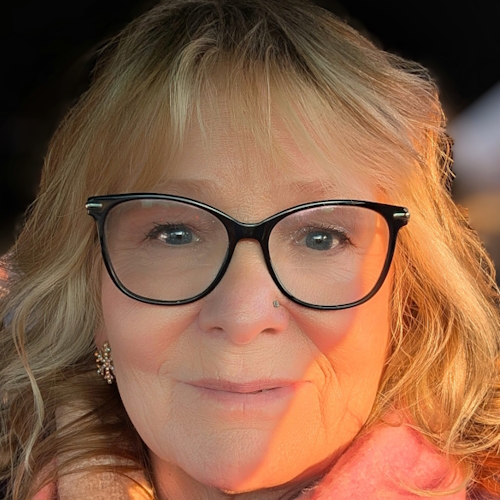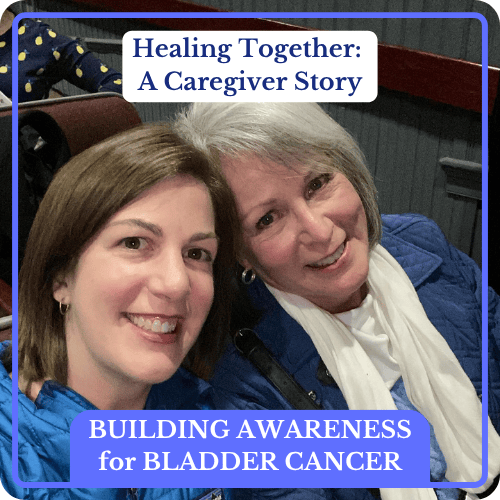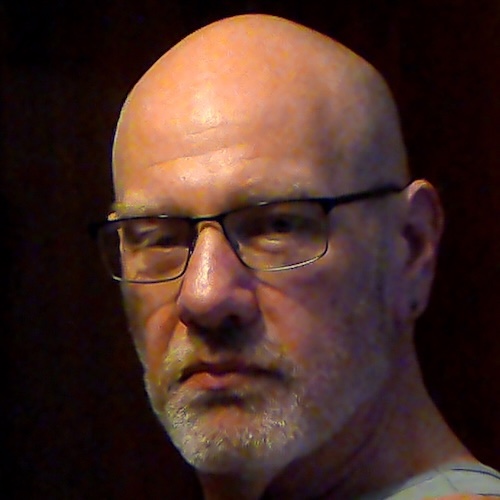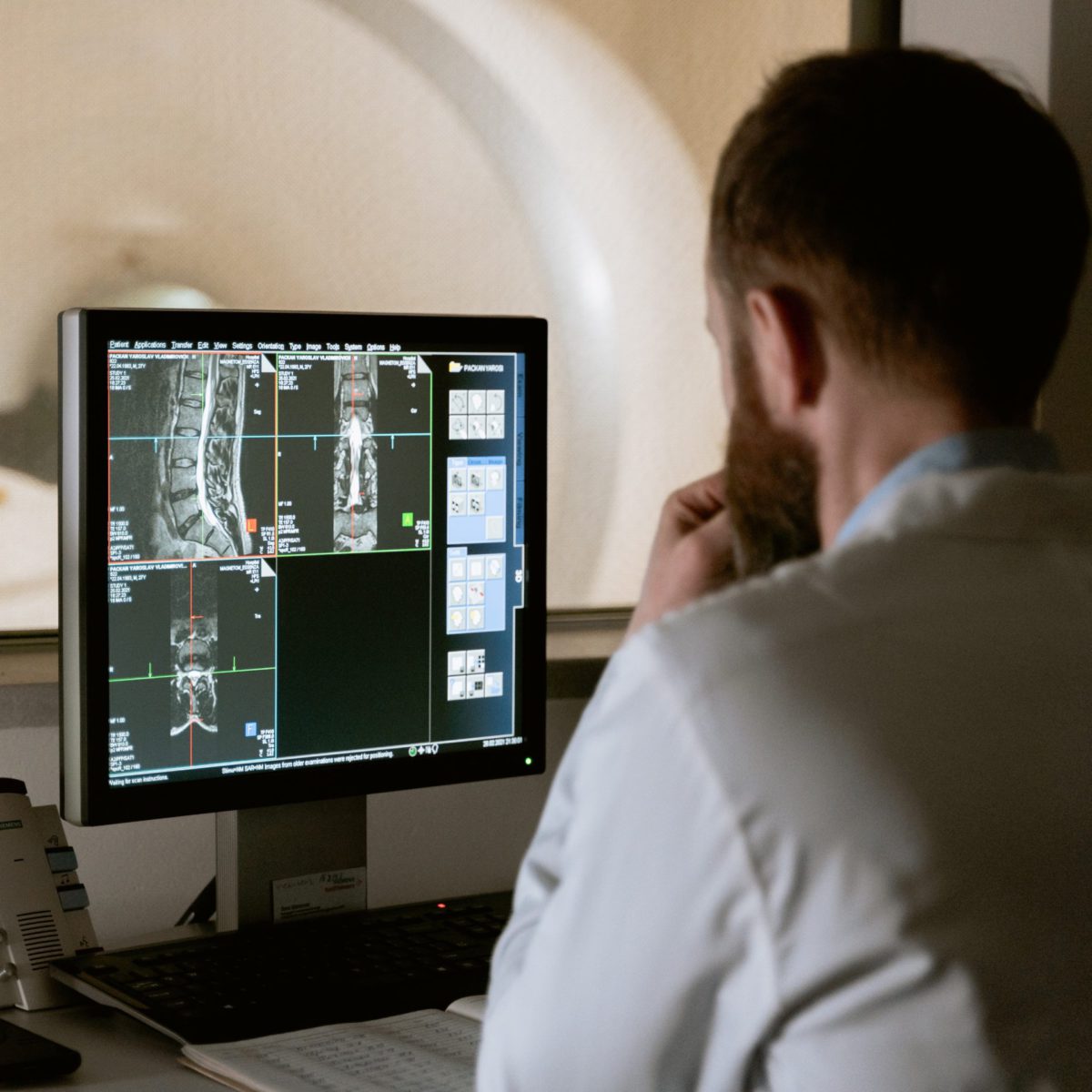Bladder Cancer Awareness: A Firefighter’s Story
The Many Faces of Bladder Cancer: Voices of Strength and Resilience
Our series, The Many Faces of Bladder Cancer: Voices of Strength and Resilience, shares genuine stories from people battling bladder cancer. These powerful stories highlight the experiences and the challenges faced by patients and survivors. This series intends to foster hope, understanding, and a fresh outlook on dealing with this condition while raising bladder cancer awareness.
Bladder cancer is the 4th most common cancer diagnosed in men in the United States, impacting more men than women. In the U.S., the American Cancer Society estimates that in 2025, there will be:
- About 84,870 new cases of bladder cancer (about 65,080 in men and 19,790 in women)
- About 17,420 deaths from bladder cancer (about 12,640 in men and 4,780 in women)
Globally in 2022, more than 600,000 people got diagnosed with bladder cancer and more than 220,000 people died from it. The World Health Organization says most bladder cancers are diagnosed at an early stage, when they are very treatable, while 25% of bladder cancer cases are diagnosed “at later stages.”
Whether you’re a patient, care partner/giver, or someone interested in learning about bladder cancer, our goal is that these stories of bravery and resolve of those facing bladder cancer will increase awareness and break down myths. Most importantly, we hope you learn the importance of self-advocacy in your own healthcare.
Thank you to Imerman Angels for their partnership. Imerman Angels is here to provide comfort and understanding for all cancer fights, survivors, previvors, and care partners through a personalized, one-on-one connection with someone who has been there.
This interview has been edited for clarity and length. This is not medical advice. Please consult with your healthcare provider for treatment decisions.
The Power of Perseverance and Self-Advocacy in Growing Bladder Cancer Awareness: Lonnie’s Story
Interviewed by: Taylor Scheib
Edited by: Chris Sanchez & Stephanie Chuang
Introduction
One of Lonnie’s passions in life was to be a firefighter. He had no idea that this would actually increase his risk for getting a cancer diagnosis. This is his story.
While Lonnie was still working as a firefighter, he got hit with the news: He had stage 3 bladder cancer, news that hit him and his wife of 42 years, Deb, in January 2019.
That’s why he’s sharing his story – to connect with others dealing with bladder cancer, and also to highlight that firefighters are at a higher risk of a bladder cancer diagnosis.
The World Health Organization’s cancer arm, the International Agency for Research on Cancer (IARC), has defined firefighting and exposure on the job as a Group 1 carcinogen, stating there’s sufficient evidence for cancer in humans.
Exposure to carcinogens in fires and in other situations puts firefighters and other first responders at an elevated risk of bladder cancer.
Bladder Cancer Advocacy Network
Watch Lonnie’s story and ready below to learn more about what Lonnie calls the most important message he has for others out there, and how he got through his toughest times during and after treatment.
“You saved your own life,” is what they said, because I refused to take no for an answer. I was one of those people who knew my body, knew something was wrong, and was willing to fight for myself.
Lonnie’s Background
I live in Nebraska. I was diagnosed with stage 3 bladder cancer in January 2019.
I’ve been married for 42 years to my wife, Deb. I’m a motorcyclist and love long-distance rides. I also love hunting, fishing, and camping.
I’m part of an outreach program for cancer survivors, which aims to build bladder cancer awareness among other things. If anyone wants to contact me and talk about bladder cancer, what I went through, and what they need to do — I’m here. I’ll answer your questions. I’ll give you the truth the way it is.
Life as a Firefighter and EMT
I’ve been a firefighter for as long as I’ve been married. We moved to my wife’s small town after we got married, and I joined the fire department there right away when I heard they needed volunteer firefighters. They also asked me to be an EMT, but that took a bit longer. I wasn’t into it initially, but I had an amazing experience saving the life of a friend who had a terrible accident. I got to do something good for somebody who I cared for. From then on, I was hooked.
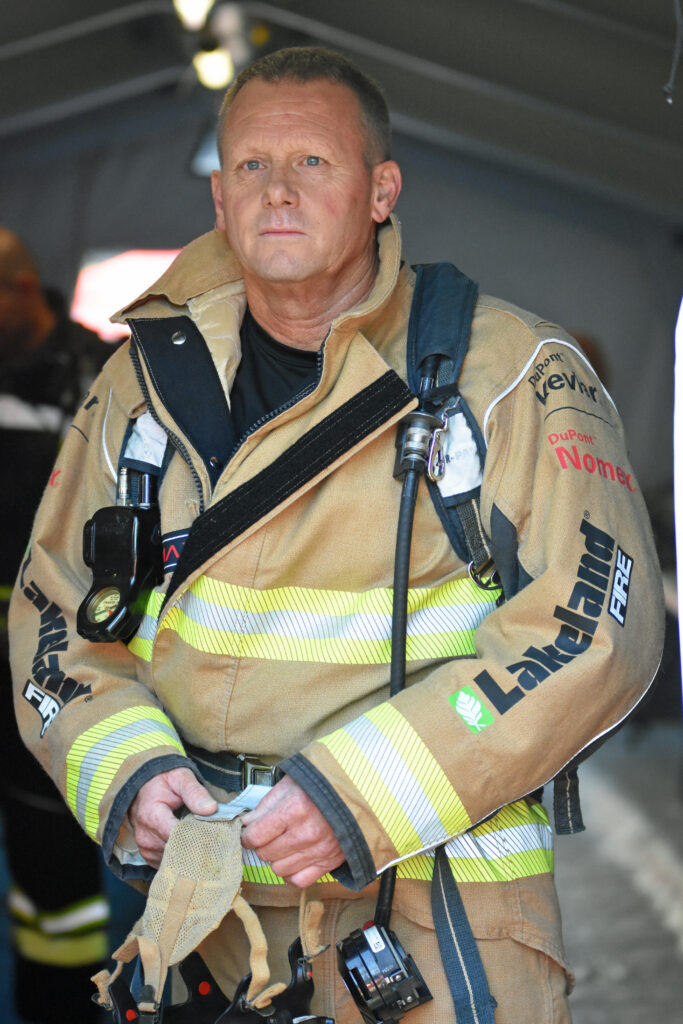

I was just 22 when I handled my first house fire. We didn’t have enough guys to do everything. Four people showed up that day and everyone else was at work.
I did what they call an interior attack: I ran into the house by myself, which was not exactly a smart thing to do, but it turned out okay and we put the fire out.
I’ve always liked helping people, especially through what might be the worst day that they may ever have and I get to be part of that as a firefighter and an EMT.
I was sitting on the toilet and wasn’t even actively urinating. My urine was running out of me.
My First Symptoms
I started to experience symptoms in October 2017. I was in Louisville, Kentucky, with some friends at a firefighter competition. These competitions allow firefighters to showcase their skills in full gear.
At about 10 p.m., I was getting ready for bed and had to go to the bathroom. By the time I got back to bed, I had to urinate again. At 3 a.m., I was sitting on the toilet and wasn’t even actively urinating. My urine was running out of me. I had to wake people up and tell them to bring me to the emergency room.
When I got home, I went to my primary care physician and told them what happened. Since I was over 50 at the time, as expected, he said it was probably my prostate, but I knew it couldn’t be since I get my prostate checked every year at work and my PSA is great. As a matter of fact, I had my prostate checked before I went to my PCP.
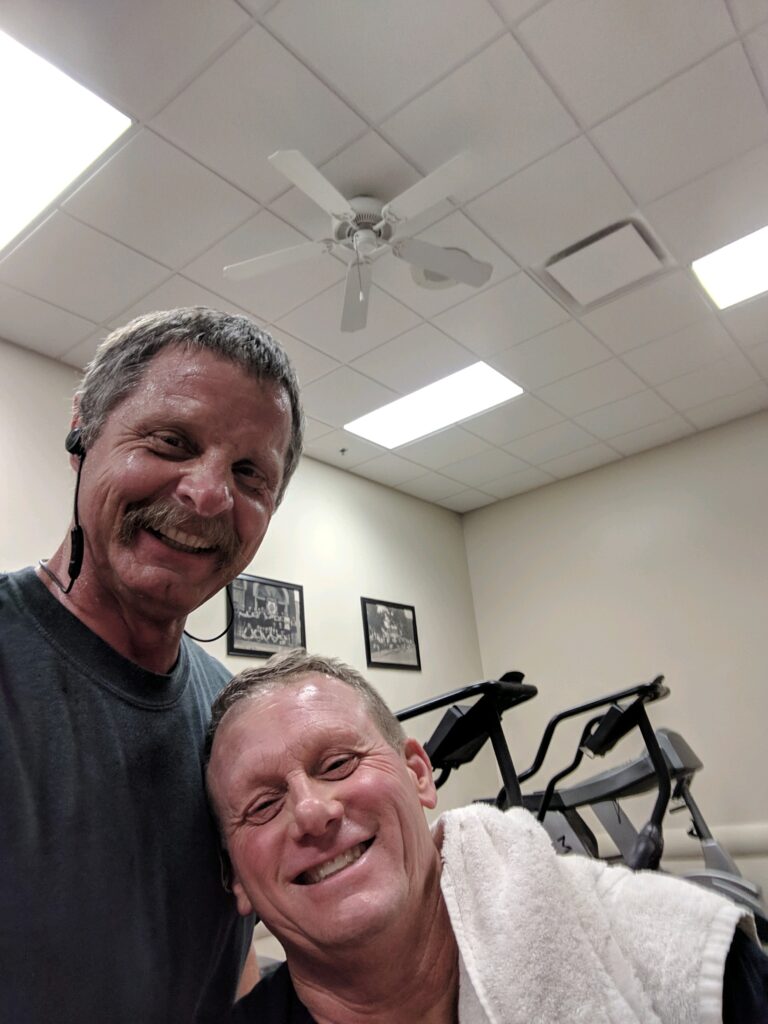
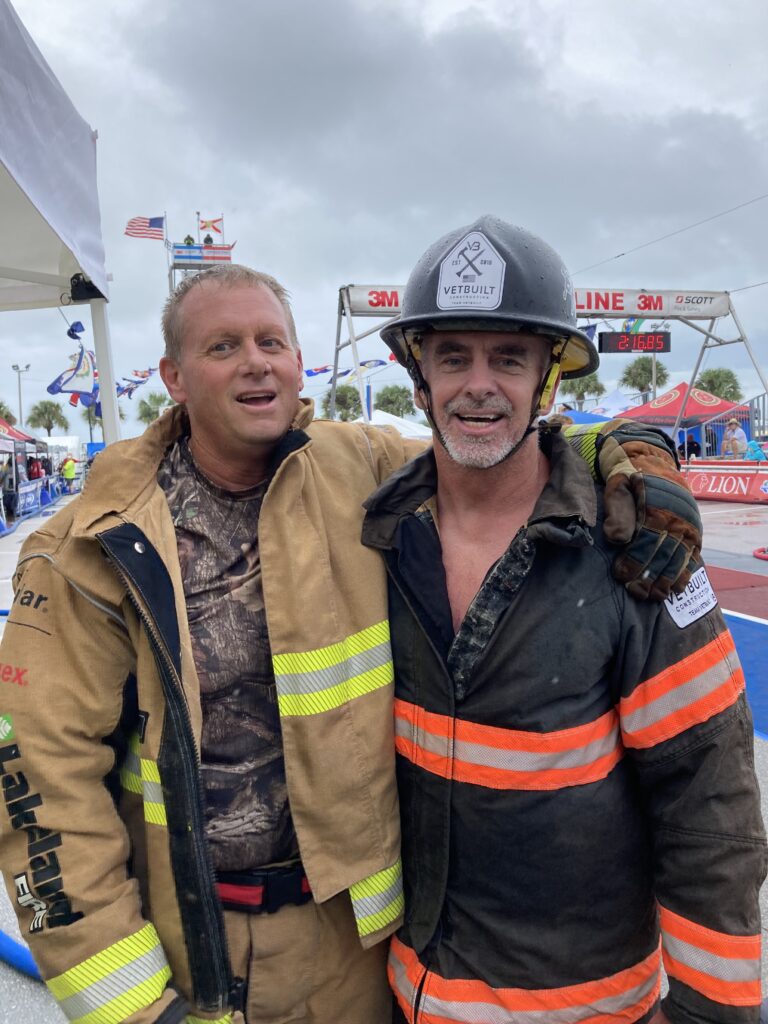
Then the doctor thought it could be a bladder spasm. He put me on medication and told me that it would take a month to get into my system and it worked. After a month, I wasn’t getting up in the dead of night to urinate. Those effects lasted from December 2017 to about April or May 2018.
At that time, I began to notice that I was slowly beginning to urinate in the wee hours again. I would go once a night and then it crept up to twice a night.
We were starting to travel to more firefighter competitions and I noticed that I needed to stop every two hours. Those two hours were shortened to an hour and if I tried to hold it in, it would hurt.
As soon as the scope entered my bladder, it revealed a mass the size of a woman’s fist.
Advocating for myself
I made an appointment with a urologist. She took a urine sample and found no blood in my urine, nothing to indicate anything was wrong.
She said it could be my prostate, but I already knew that it wasn’t. I had my paperwork with me from work, which I showed her. To verify, they took a blood test, which didn’t turn up anything. She tried checking my prostate and thought it was slightly enlarged and said to come back in 6 months. I shook my head and said, “I know this is something else. It hurts.”
She threw up her hands and said they would scope my bladder, for which I had to wait about 30 days.
They did the bladder scope and there was a TV in the room so we could check out what they found. As soon as the scope entered my bladder, it revealed a mass the size of a woman’s fist. The doctor said, “There’s an 80% chance this is cancer. We’ll need to wait another month to get a biopsy.” That took place on January 1, 2019, and the doctor removed as much of the tumor as he could.
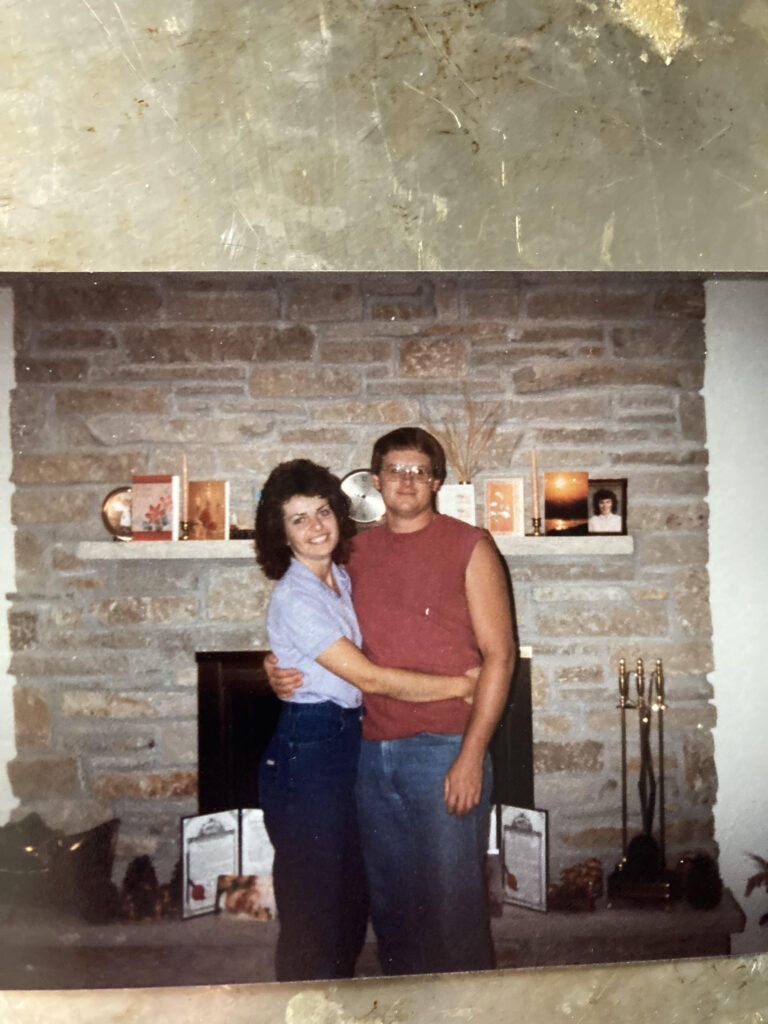
After my friends left and my wife came back, I asked her to get a paper and pencil because I felt so bad that I thought I was going to die. I have never been that sick in my life.
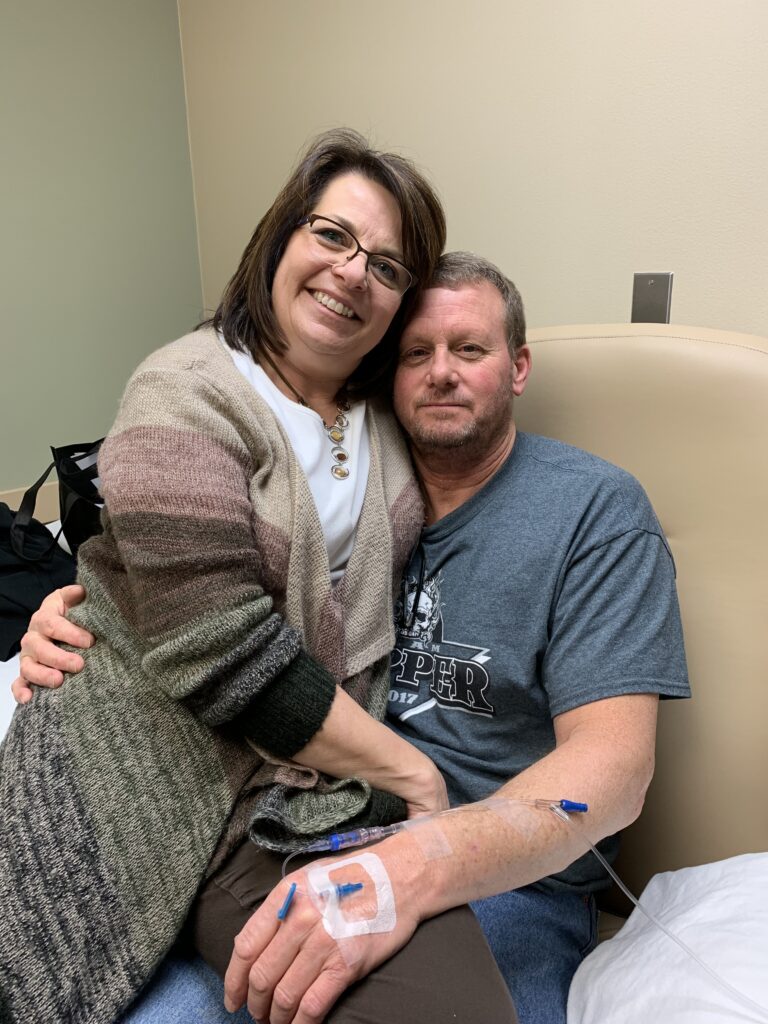
Diagnosis and Treatment
Chemotherapy
The biopsy found that I had stage 3 bladder cancer, so I started treatment.
I underwent chemotherapy from January to March 2019. I was supposed to do four rounds, but they had to stop because it wasn’t working and they even said that it might kill me.
My wife had to head back to work, so some friends came down to sit with me while having my eight-hour chemo procedure.
I reached up by reflex to find out what it could be and pulled out a handful of hair.
Treatment experience
After my friends left and my wife came back, I asked her to get a paper and pencil because I felt so bad that I thought I was going to die. I have never been that sick in my life.
It was horrible. I never threw up, but I felt awful. I couldn’t even get out of a chair by myself.
Two days after I began chemotherapy, my hair started to fall out. I was trying to relax and watch TV when I felt something fall on my face.
I reached up by reflex to find out what it could be and pulled out a handful of hair.
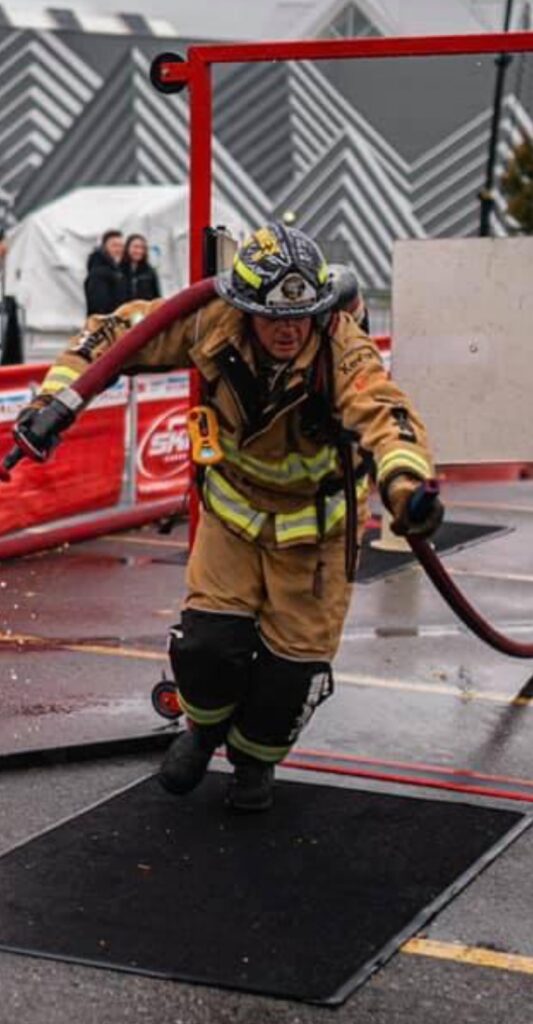
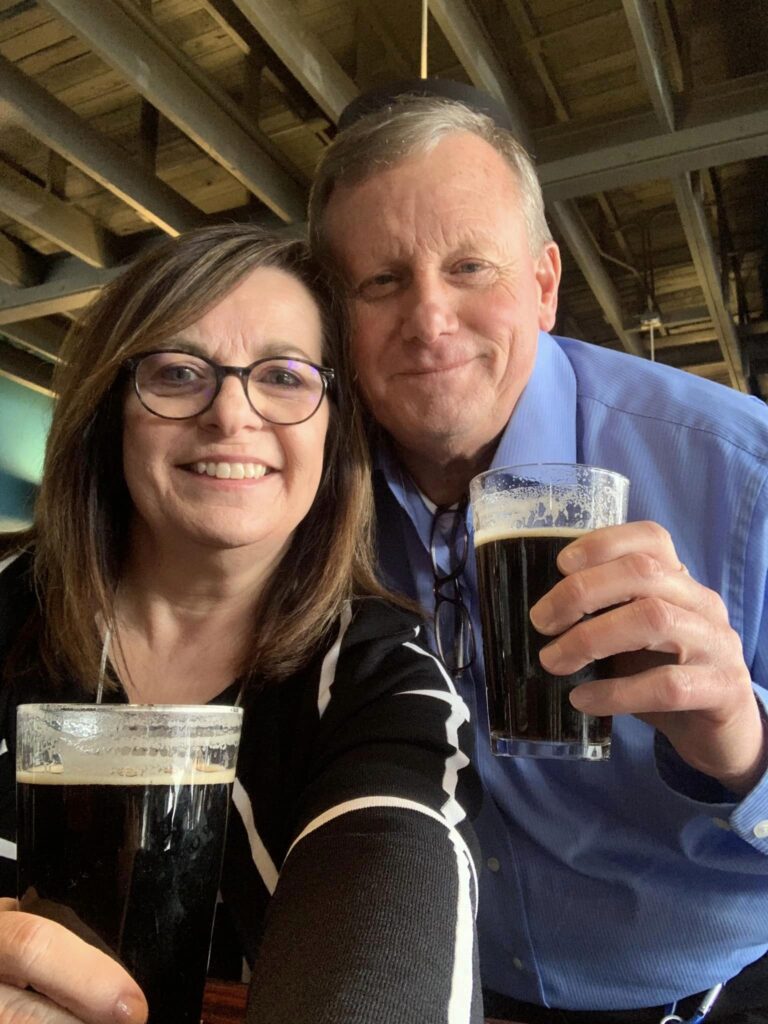
Surgery
We decided to explore surgery. I had been going to [one place] for my treatment, but my doctor suggested a surgeon in Omaha, who happened to be the same surgeon who treated my dad years before.
He ended up performing my surgery on May 9, 2019. He removed my bladder, prostate, 15 lymph nodes, and around 60 cm of my small intestines, and reconnected it. They created a new bladder, a neobladder as it’s called, and attached my urethra to it so I could urinate like I normally do. That took 10 weeks to heal.
If I hadn’t advocated for myself and if I had been sent home for six months like one of the doctors told me, it would have been too late for me by the time I had gotten back to them.
The impacts of surgery
I needed to learn to urinate again and part of that was to deal with the fact that I leaked constantly because I had no control over my urination. Thanks to a young lady who helps women deal with pelvic floor issues, I was able to regain control over my urination and went from wearing around eight pull-ups a day to zero. By September 9, I was able to return to work full-time.
After having undergone surgery, I was found to be in remission.
Frustrations and Self-Advocacy
I want to underscore how important it had been that I insisted that what I was experiencing was not related to my prostate and that it was something else.
My urologist told me after my surgery that if I hadn’t advocated for myself and if I had been sent home for six months like one of the doctors told me, it would have been too late for me by the time I had gotten back to them.
“You saved your own life,” is what they said, because I refused to take no for an answer. I was one of those people who knew my body, knew something was wrong, and was willing to fight for myself.
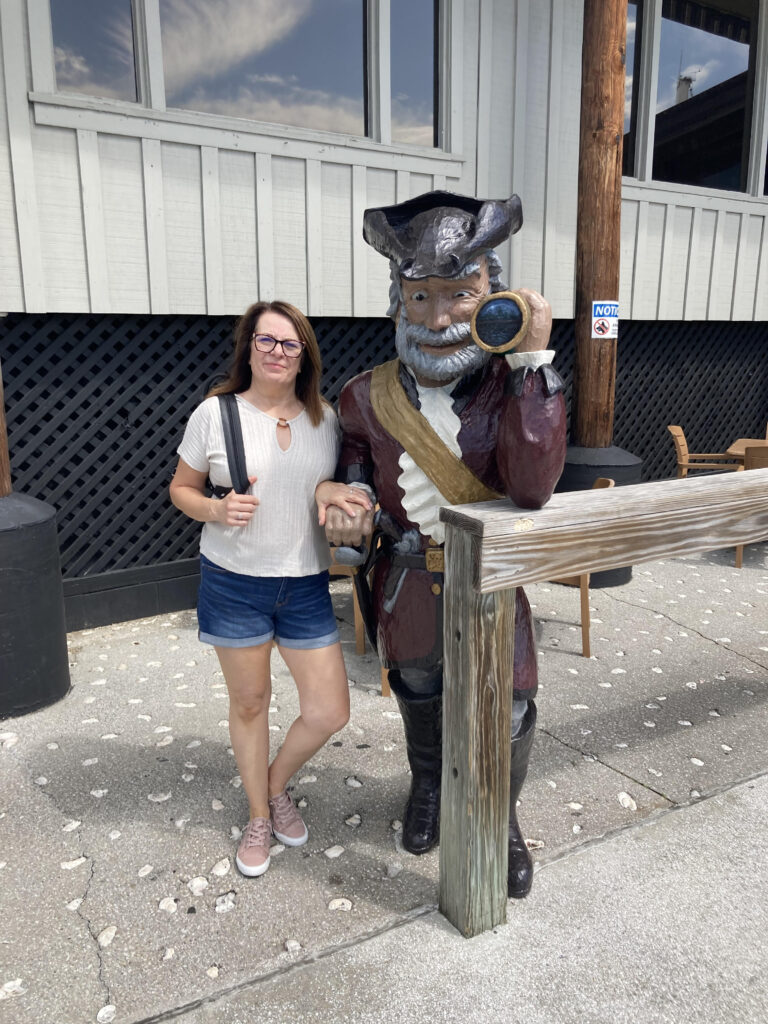
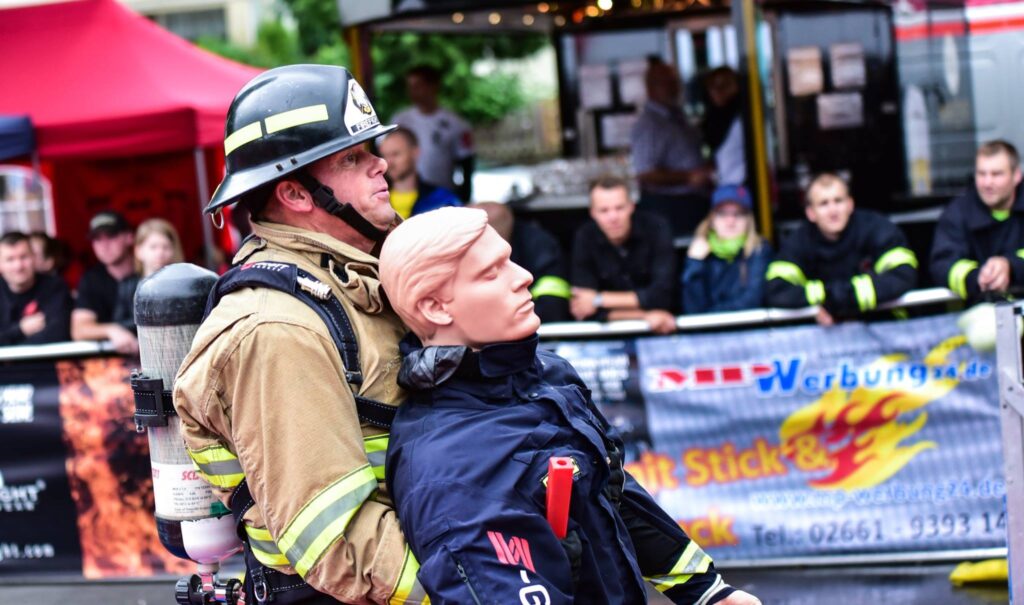
You need to fight for yourself because you’re the only person who can do that.
It doesn’t help that I’m something of a unique case. When I went to urology, I was told that I was the first person the doctor there had seen with this kind of cancer who didn’t have blood in their urine.
I should add that after my bladder and prostate were removed, I asked the surgeon how my prostate was and it was fine.
What I’ve been through has led me to become a cancer advocate for bladder cancer and other types of cancer, too.
Cancer Advocacy to Build Bladder Cancer Awareness
What I’ve been through has led me to become a cancer advocate for bladder cancer and other types of cancer too.
[When] the government was starting to realize that firefighters are at high risk for cancer, and consequently, they were starting to advocate that we keep our gear clean.
Having dirty gear was a point of pride because it showed that you were doing your duty as a firefighter, but we learned that that was wrong and had to change other people’s minds as well.

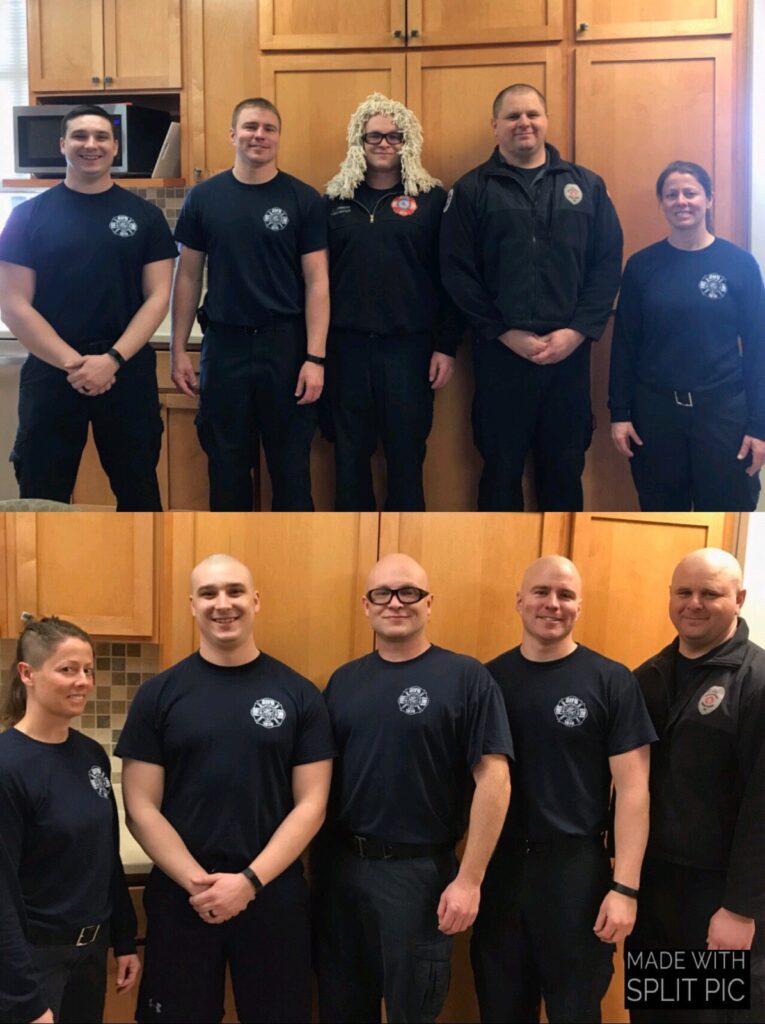
We bought a washing machine and advocated that gear had to be cleaned every time it had been used, even if we’d gone out to put out a little grass fire or a single house fire.
It became important for firefighters to make sure to not only keep their gear clean but also clean themselves. They had an hour after potential exposure to clean their gear and shower off anything that they might have come in contact with.
Getting firefighters and their gear cleaned up as quickly as possible has to be the goal for every fire department in the country.
Bladder cancer awareness is about wellness. Early prevention is about making sure you get screenings and checkups. It should be a requirement for firefighters, even in small towns, but it’s not happening yet. Not unless they go out on their own and do that. For instance, we do screenings for prostate cancer but not for bladder cancer. Screening for bladder cancer markers, while available, isn’t a standard procedure.
It’s good that bladder cancer awareness as well as that of other cancers is growing fast, but it’s not growing fast enough. We’re not doing a good enough job because guys are still getting sick. Things are slowly getting better, but unfortunately, they do take a lot of time to do so.
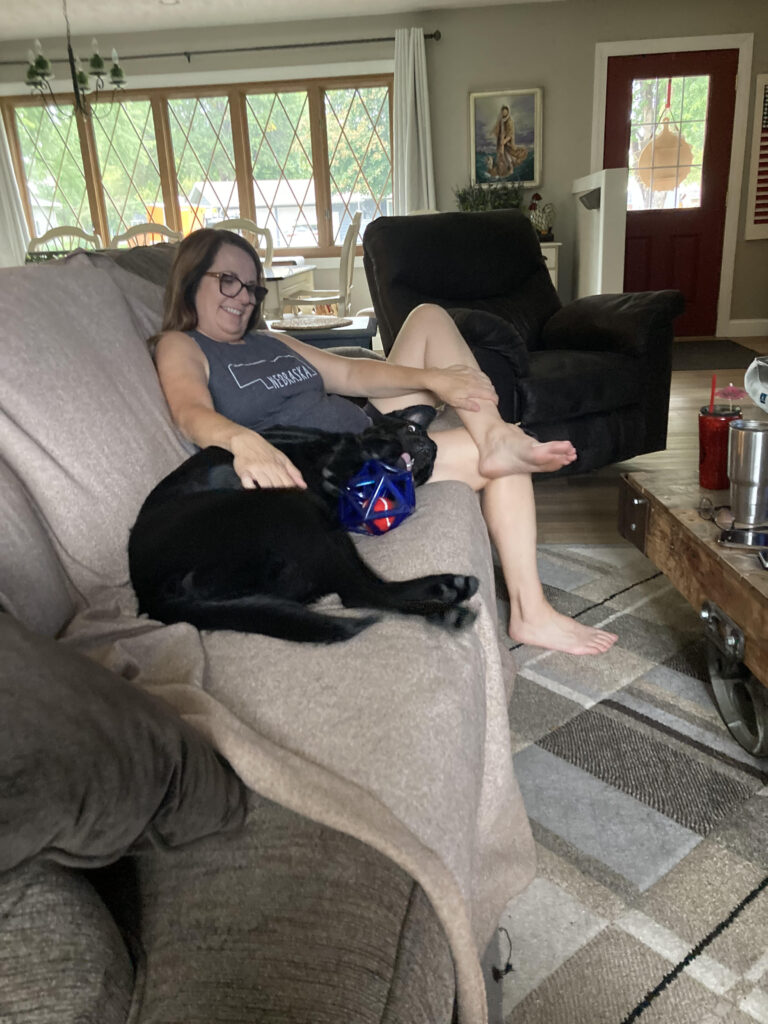
I’ve mentioned why I keep going. I need to pay back all the people who have helped me out.
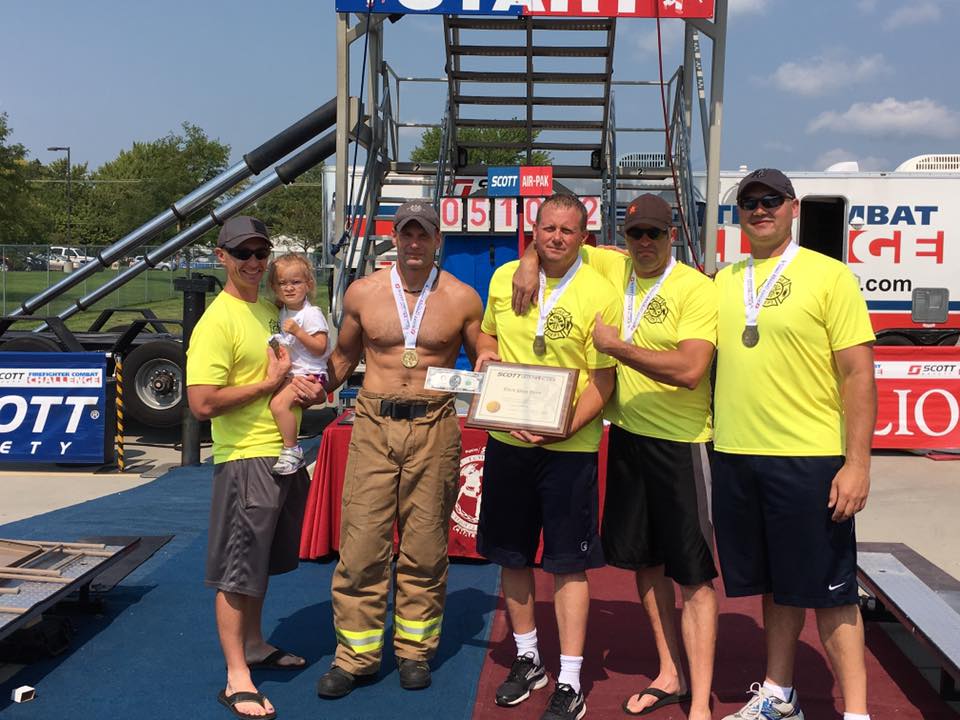
Why Lonnie Keeps Going
I keep going to prove that I can do it to help build bladder cancer awareness. But as you know, I’ve had to make adjustments.
After my chemo and surgery, my goal was to prove that I was tough enough to go back to work and I achieved that. It was a challenge, but I went back to work and did my job.
When I wanted to compete again, I went back to the gym for 5 or 6 days a week, training as hard as I could. I competed and finished as world champion. My team and I ran in Salt Lake City in 2022, in the finals in the over-40 division; we finished second in the world and the winners had to break the world record to do so.
Being in combat challenge… it’s one big family. You have friends all over the world because of it. Some of them still check up on me and that’s the best thing ever. I need to pay all these people back somehow. And that’s another reason I keep going.
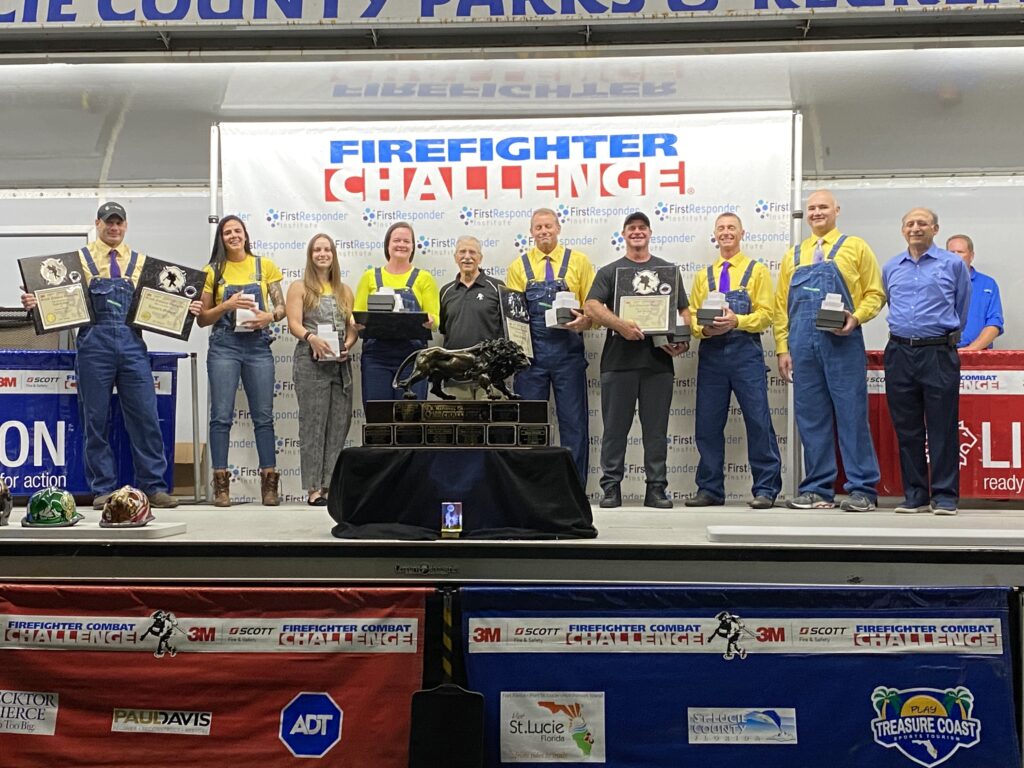
It’s so important to find a lot of support like I did.
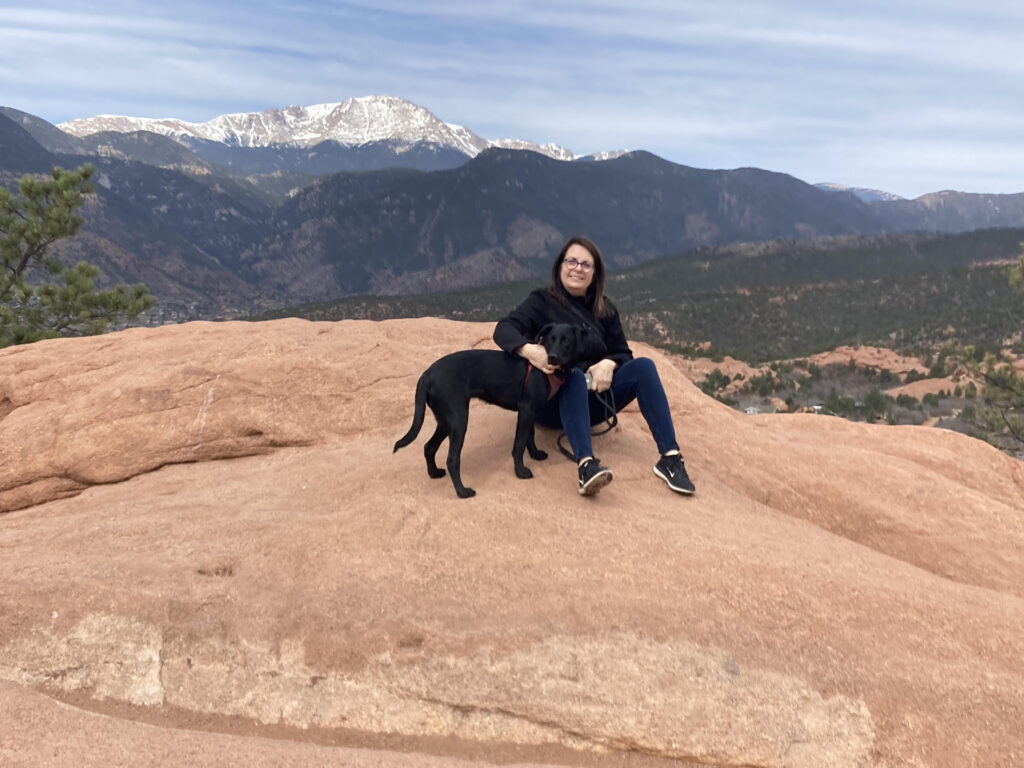
Advice Lonnie Offers
Find Support
It’s so important to find a lot of support like I did.
Deb has been incredible. She cried when she needed to cry and told me to buck up when it was time to man up. “You’re tougher than this,” she would say.
My combat challenge team has been equally awesome. When my hair started falling out so early because of chemo, my entire crew shaved their heads in solidarity.
It means the world to me to have had such great support the whole way through.
Be There for Others
I’ve mentioned why I keep going. I need to pay back all the people who have helped me out.
Being in that combat challenge — it’s like joining one big family worldwide. I’ve competed overseas, and because of it, I now have friends from all over the world.
Up to now, they still do check up on me. “How are you doing?” Hearing that from them is the best thing ever.
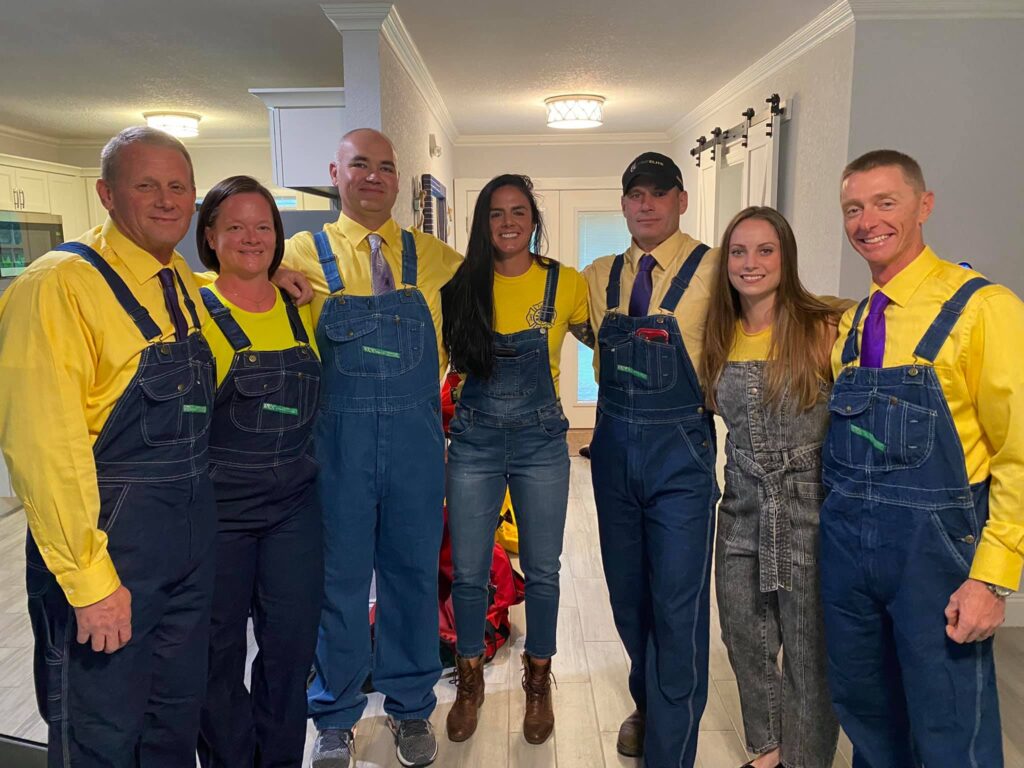
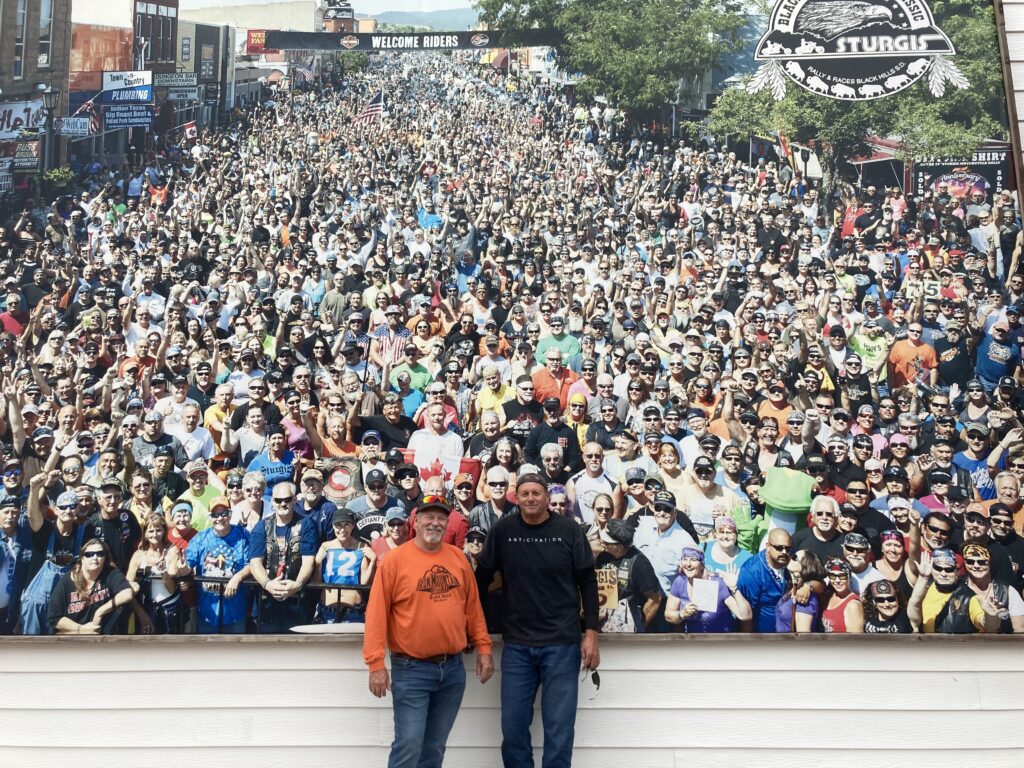
Thank you to Imerman Angels for their partnership. Imerman Angels is here to provide comfort and understanding for all cancer fights, survivors, previvors, and care partners through a personalized, one-on-one connection with someone who has been there.
More Patient Stories
Laurent Gemenick, Bladder Cancer
Symptom: Presence of blood in urine
Treatment: Surgery: transurethral resection of bladder tumor or TURBT
Jon T., Locally Advanced Muscle-Invasive Bladder Cancer
Symptom: Darkening urine, blood in urine, dull right flank pain
Treatments: Surgery(transurethral resection of bladder tumor or TURBT), antibody-drug conjugate, chemotherapy
Michael V., Bladder Cancer (Non-Invasive High-Grade Papillary Urothelial Carcinoma), Stage 1
Symptoms: Frequent urination, burning sensation when urinating
Treatments: Surgery (transurethral resection of bladder tumor or TURBT), immunotherapy (Bacillus Calmette-Guérin or BCG treatment)
Dorinda G., Bladder Cancer
Symptom: A significant amount of blood in the urine
Treatments: Surgery (transurethral resection of bladder tumor/TURBT, surgery for papillary lesion), immunotherapy (BCG), chemotherapy
Healing Together: A Mother and Daughter Navigate High-Grade Bladder Cancer
Mary Beth’s story about caregiving starts with an important awareness message about female bladder cancer symptoms.
Danny G., Non-Muscle Invasive Bladder Cancer
Symptoms: Fatigue, back pain, erectile dysfunction, nausea
Treatments: Surgery (transurethral resection of bladder tumor or TURBT), chemotherapy, immunotherapy
Bladder Cancer Resources
Bladder Cancer Causes & Symptoms
Understand common bladder cancer causes, urine color, symptoms, and treatments as described by real patients.
...
Bladder Cancer Series
Bladder cancer patients Ebony & LaSonya talk about their cancer journey, including their first symptoms, how they processed their diagnosis, treatment options, and how they found support. Dr. Samuel Washington, a urologic surgeon, also gives an overview of bladder cancer and its treatments.
...
Diagnosis and Treatment for Bladder Cancer
Learn about the diagnosis and treatment process from bladder cancer survivors and medical experts. Discover diagnosis and treatment options./p>
...
